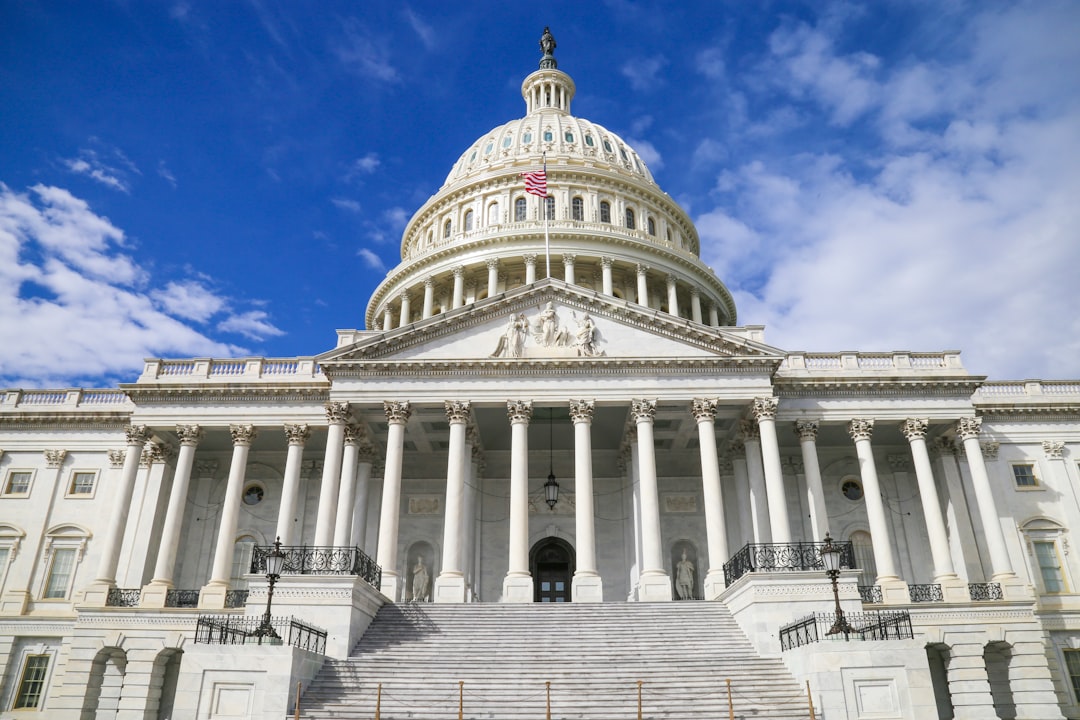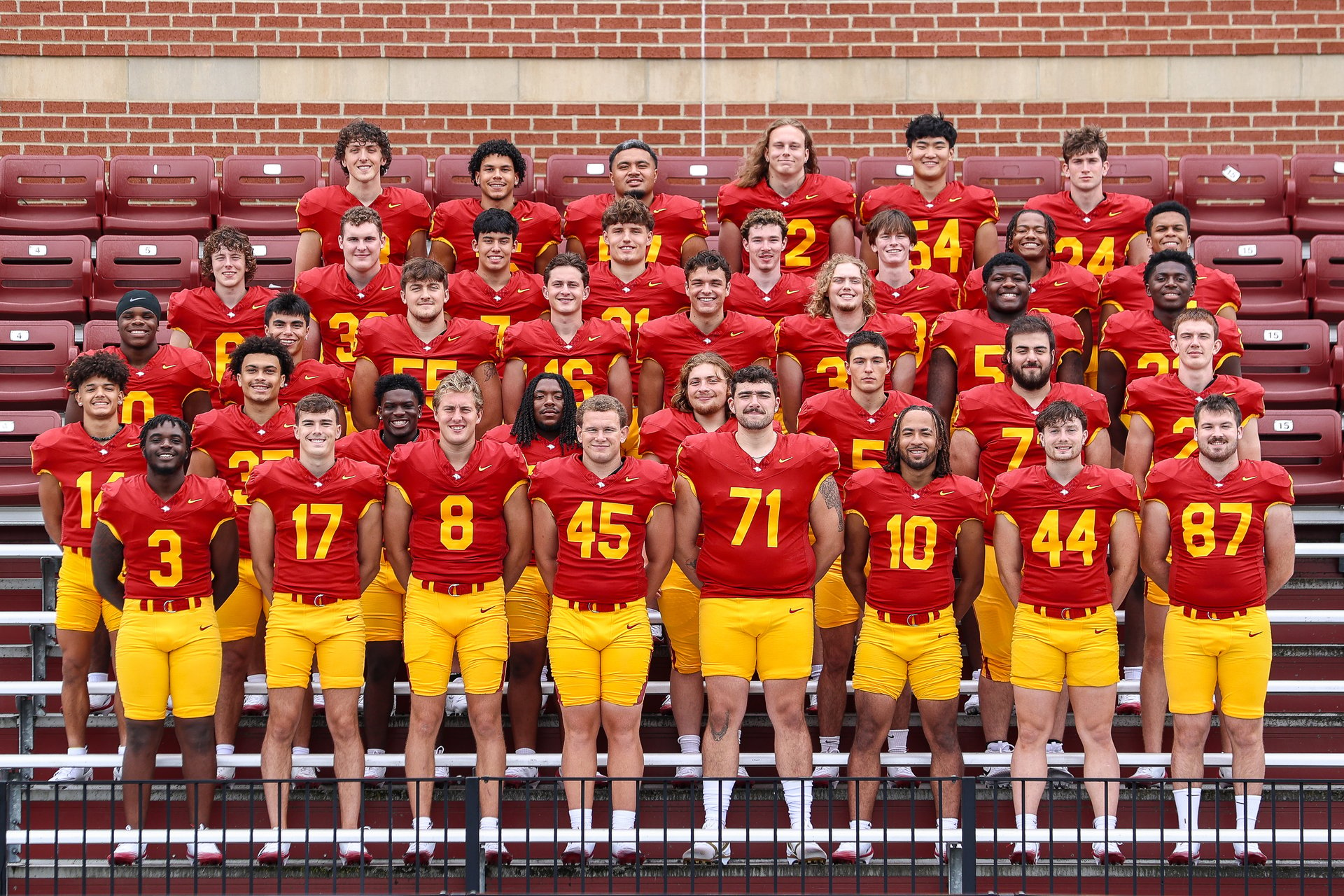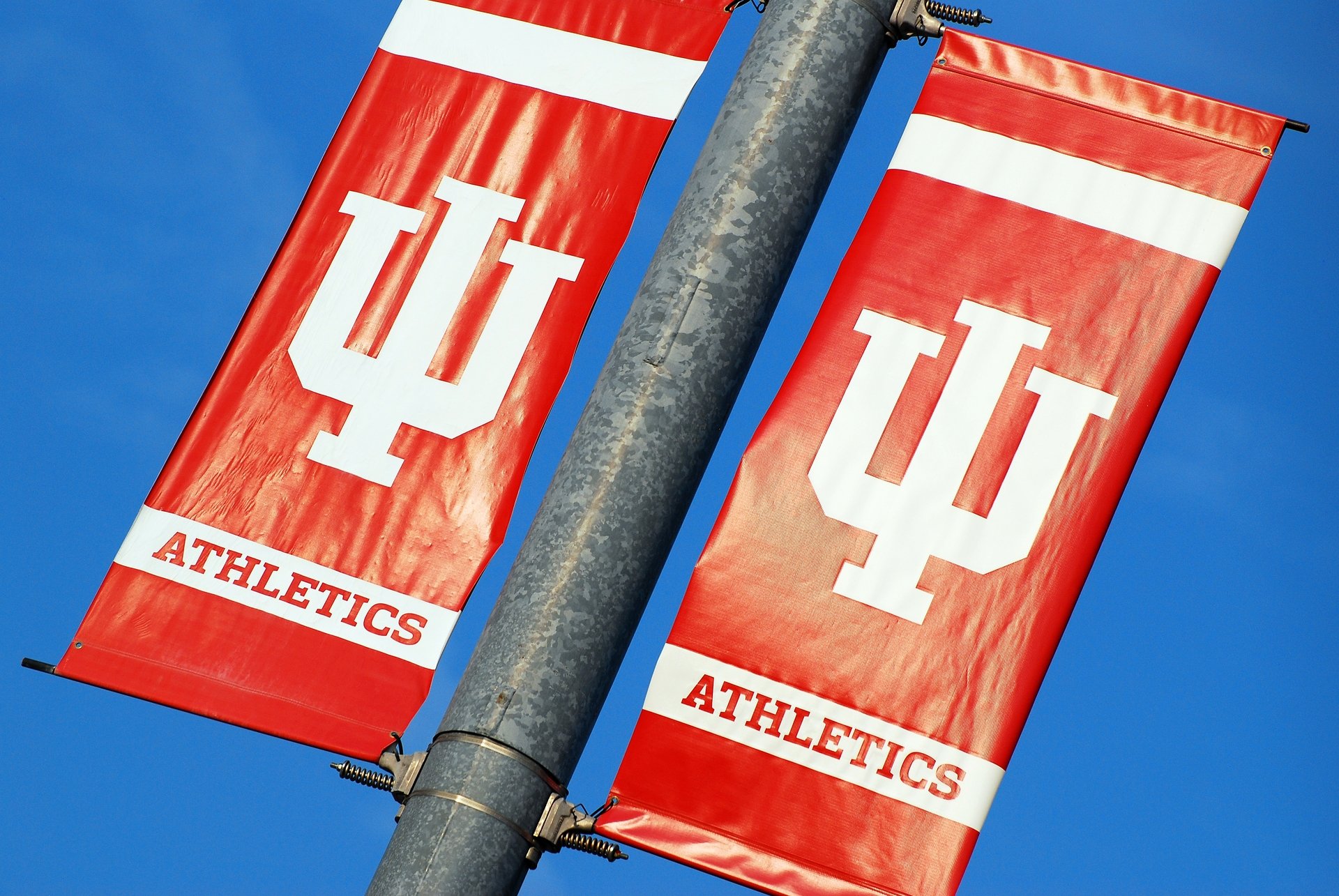Good morning, and thanks for spending part of your day with Extra Points.
A few quick housekeeping notes:
I will be in Boise, Idaho next Friday and Saturday, and plan to catch the Wyoming/Boise game. If you’re in town, I’d love to say hello! Working on a newsletter story or two about the Broncos.
I will also be in Pullman, Washington on Sunday, Monday, and Tuesday AM. I am going to try and squeeze in a quick visit to Idaho during those days as well. I’m going to guest lecture in at least one Washington State class but have a pretty flexible schedule otherwise if anybody wants me to come by and visit. My only other hard and vast obligation, besides hopefully chatting with some folks in WSU athletics, is to buy an embarrassing amount of canned cheese.
My email is Matt @ Extrapointsmb dot com if you’d like to link up while I am visiting the Pacific Northwest.
Speaking of the great state of Washington, this caught my eye earlier in the week.
Washington Senator Maria Cantwell, the Senate Commerce Committee Chair, gave an extensive interview to USA TODAY following last week’s Senate hearing on NIL. She discussed how she still believes that college sports reform legislation should be comprehensive, rather than narrowly focused on just NIL issues and that her committee hopes to hold another hearing on college sports issues in the next 60 days.
But this quote, at the end of the story, really stuck out to me:
Cantwell said the committee came close to agreement on a bill in the last Congressional session “that was more narrowly tailored just to NIL,” but included elements of proposals from Sens. Roger Wicker, R-Miss., who had been the committee’s chair, and from Richard Blumenthal, D-Conn., and Cory Booker, D-N.J., who have been, and remain, strong advocates of legislation that would address a range of issues beyond NIL, including athlete health, safety and welfare.
However, she said, “The problem was, at that point, a lot of people wanted to jettison the HBCUs from Division I, and we didn't think that was such a good idea. And we weren't for that for a bunch of different reasons. And so the negotiations fell apart over that issue.”
I’ve been following these bills and developments pretty closely, and this was the first I had read about the ‘fate of HBCUs’ being a particular hangup. Were there senators out there who were specifically trying to get HBCUs kicked out of D1? What happened here?
So I talked to two staffers who were familiar with the negotiations that Sen. Cantwell was talking about
For one, both staffers (both Democrats), told me that there weren’t lawmakers who were specifically seeking to kick any HBCUs out of D1. In fact, Sen. Roger Wicker (R-MS), was singled out as a lawmaker who specifically did not want to create legislation that would have harmed HBCU athletic interests.
The staffers told me that the previous bill discussions included “requirements that Division I schools provide a baseline of health, safety, and scholarship protections for college athletes”, not too dissimilar from the work of the NCAA Transformation Committee. Those requirements, which would have included provisions like expanded health care post-eligibility, would have increased costs, and many lower-resourced D-I schools, including HBCUs, would not have been able to afford those costs.
The staffers told me that Sen. Cantwell and other Democrats examined various ways that larger budget institutions would subsidize those expenses for lower-resourced schools (potentially at the NCAA, conference, or school level). But “the SEC indicated they would not support that idea”, and given that many lawmakers didn’t want to directly oppose the SEC, the bill ultimately fell apart.
As I wrote yesterday, any college sports reform bill faces a deeply uphill path to becoming law right now. There isn’t an easy path in the Senate that satisfies those who favor a more expansive reform package vs those who only want to address NIL, and the legislative calendar and the chaos in the House only add to the difficulty level.
The Sen. Cantwell-centered bill may have been one of the efforts that came the closest to escaping committee, and now hopefully we understand why it didn’t happen a little better. We’ll have to see if any other efforts turn into anything more than proposals and PDFs in the future.
Here’s what else I wrote this week:
I agree with Notre Dame AD Jack Swarbrick. Federal legislation is very unlikely, and it’s time for schools to consider good old-fashioned collective bargaining….if they aren’t already too late.
I spoke to the Ohio lawmaker who wants to propose legislation making it impossible for Ohio State football or any Ohio public school, to play 100% behind a streaming paywall again. I don’t think I agree that legislation is the right remedy here, but honestly, I do think he has a point about some of this stuff.
Ever wonder what happens to all those hoodies and bobbleheads and baseball caps that don’t get given away? Well, wonder no more!
Multiple new updates to the Extra Points FOIA Directory, including dozens of contracts and vendor agreements at the D-III level.
I’m able to book travel to Idaho, pay freelance contributors, cut checks for FOIA fees, and spend time interviewing lawmakers and legislative policy wonks because of the support of our sponsors, and from readers like you. If you dig what we’re doing and want to make sure you get every Extra Points newsletter, consider a paid subscription today:
Thanks for reading everybody. I’ll see you in your inbox again soon.
This edition of Extra Points is brought to you by AMPLOS:
Awareness; Action; Accountability – The team at AMPLOS relies on this process to help individuals, teams, and organizations optimize their potential. They work with some of the most recognizable sports organizations and successful college athletic programs in the country, empowering them to be better and pursue better through leadership coaching, culture building, and learning opportunities. Want to learn more? Reach out to their team today.
If you’d like to buy ads on Extra Points OR in ADS3000, good news! They’re affordable, and we still have openings for this year. Drop me a line at [email protected]. If you have news tips or FOIAs you want to share, I’m at [email protected]. Otherwise, I’m at [email protected], @MattBrownEP on Twitter, @ExtraPointsMB on Instagram, and @MattBrown on Bluesky


















